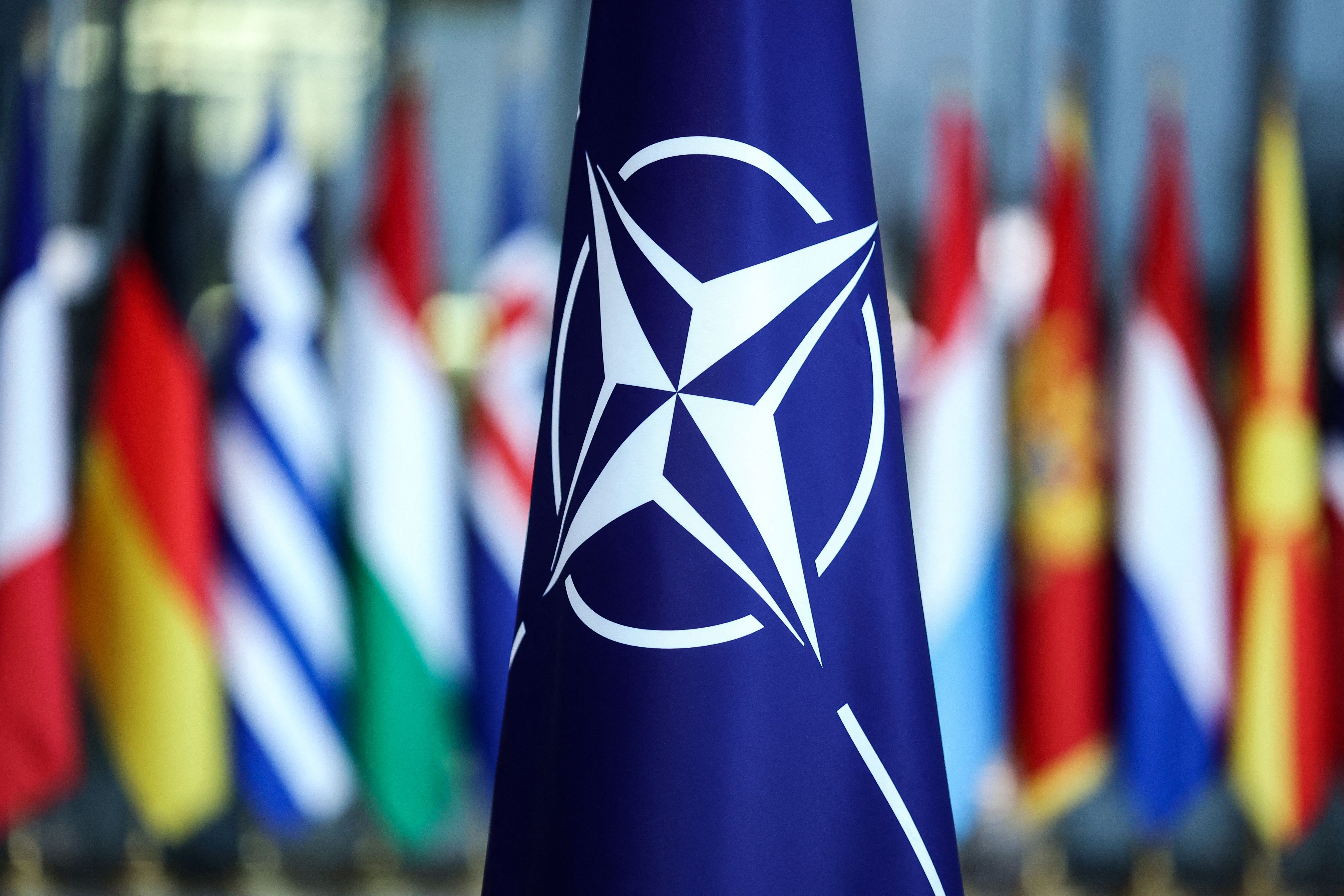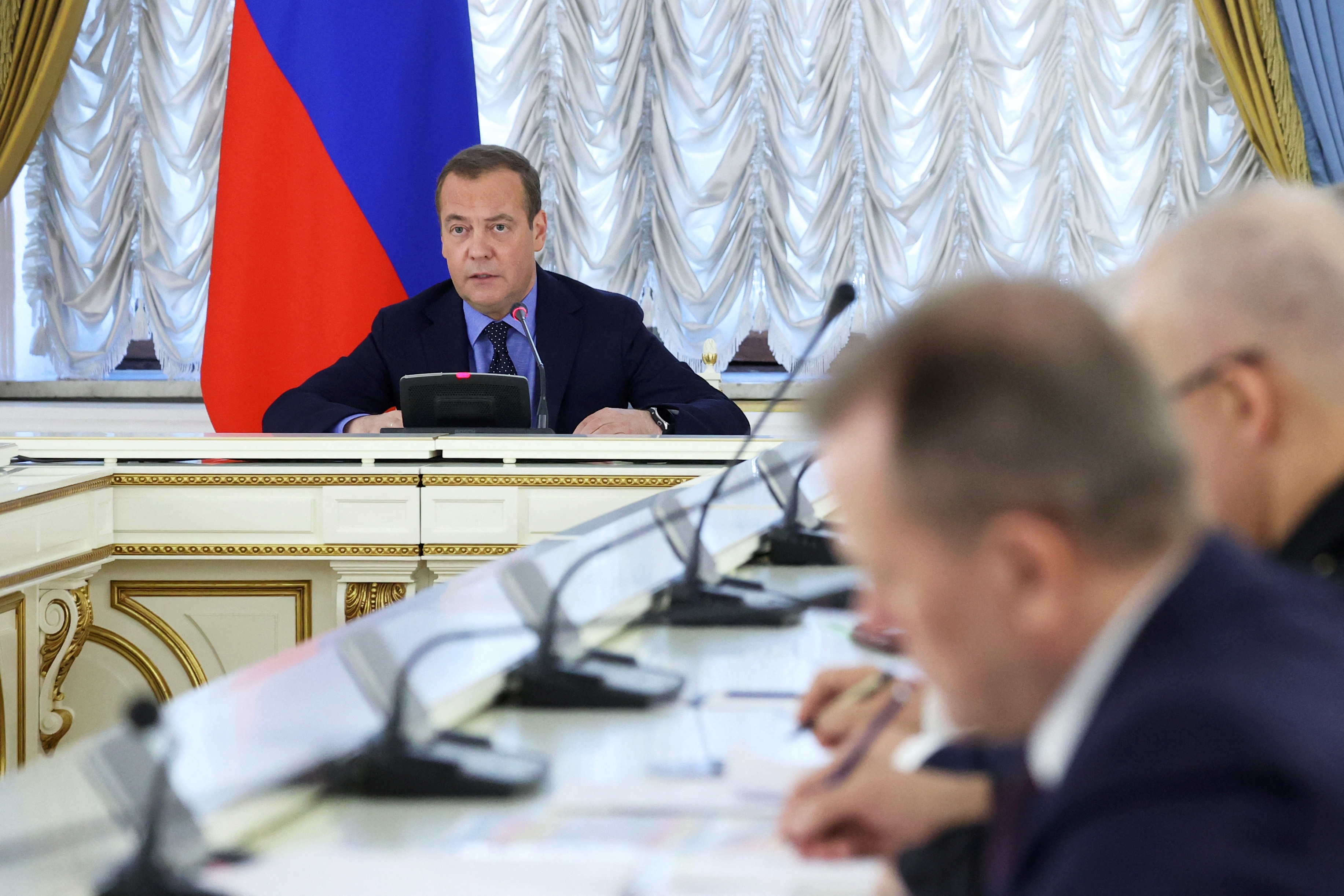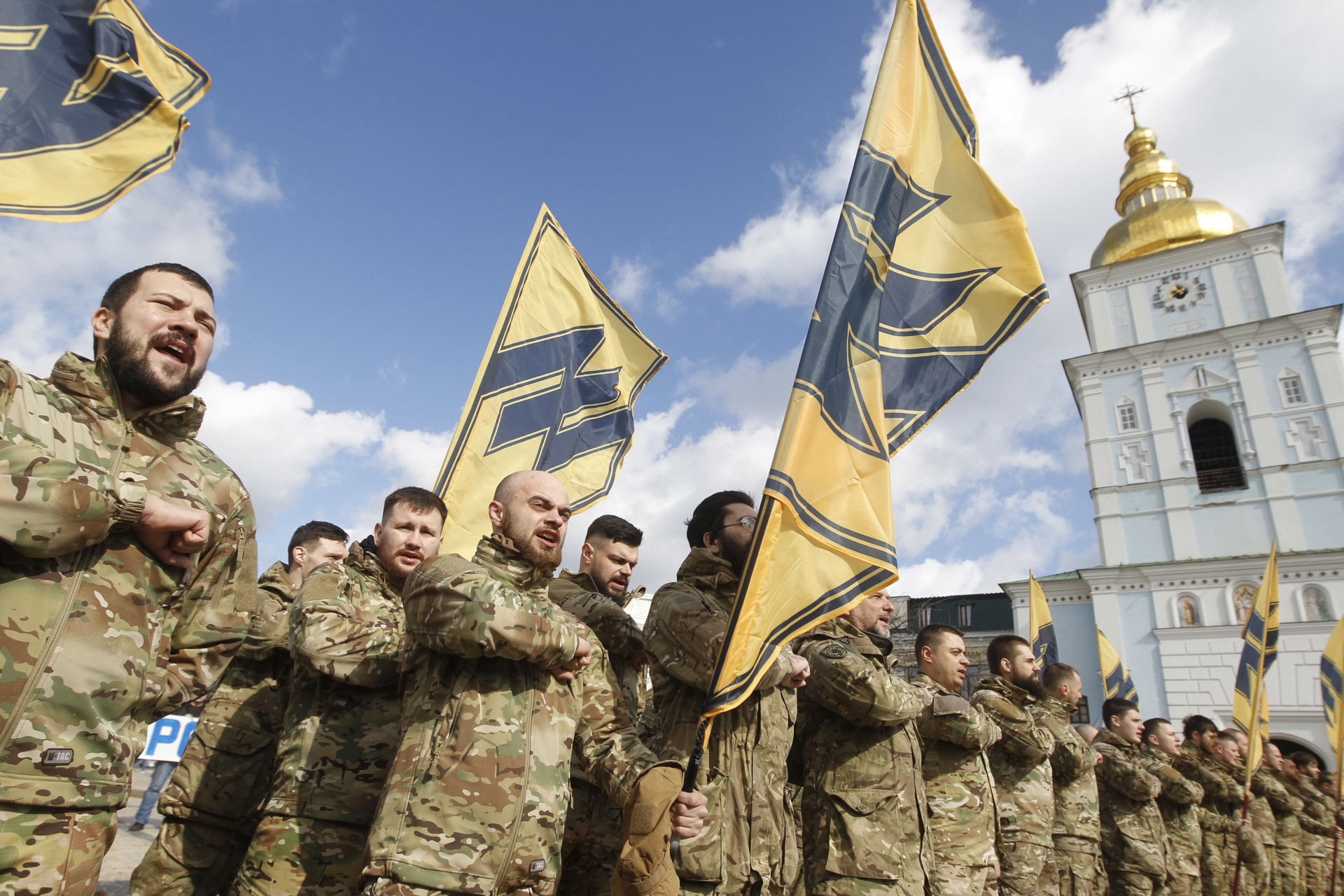China has reacted angrily to NATO’s claim that Beijing threatens the bloc’s interests and security and has vowed to reject any move by the military alliance to expand its presence into the Asia-Pacific region.
NATO claimed the People’s Republic of China (PRC) attacked its interests, security, and values with its “ambitions and coercive policies” in a sharply worded communique published midway through a two-day summit in the Lithuanian capital of Vilnius on Tuesday.
“The People’s Republic of China has a broad range of economic, and military tools to increase its global footprint and project power, while remaining opaque about its strategy, intentions, and military buildup,” NATO leaders said in a communique.
“The PRC’s malicious hybrid and cyber operations, as well as its confrontational rhetoric and disinformation, target Allies and harm Alliance security.”
On Tuesday, the Chinese mission to the European Union said that the communique’s China-related content ignored basic facts misrepresented China’s position and policies, and purposefully discredited China.
“We firmly oppose and reject this,” it stated.
While China was not a NATO “adversary,” NATO Secretary General Jens Stoltenberg told a press briefing at the conference that it was increasingly undermining the rules-based world order with its “coercive behaviour.”
“China is increasingly challenging the rules-based international order,” he warned, “refusing to condemn Russia’s war against Ukraine, threatening Taiwan, and conducting a significant military buildup.” However, Taiwan was not mentioned in NATO’s communique.
Some Asia-Pacific leaders will also attend the two-day meeting.
Joining for the second time, Japanese Prime Minister Fumio Kishida hoped to remind the military alliance to pay attention to East Asian challenges, while South Korean President Yoon Suk Yeol requested stronger international security cooperation in the face of escalating North Korean threats and tensions with China.
In May, Kishida stated that Japan had no plans to join NATO, even though NATO was constructing a Tokyo office, its first in Asia, to enhance regional consultations.
According to the Chinese mission, China is vehemently opposed to NATO’s “eastward movement into the Asia-Pacific region” and has warned that any action harming Beijing’s rights will be greeted with a vehement response.
“Any act endangering China’s legitimate rights and interests will be met with a resolute response,” the statement stated.
According to the statement, China tried to control important technology and industrial sectors, essential infrastructure, strategic minerals, and supply chains, and Beijing also utilized economic leverage to create strategic dependencies and increase its influence.
China’s state-run Xinhua news agency retaliated, claiming in a story that NATO’s wars and conflicts demonstrate the organization poses a “grave challenge” to global peace and security.
“Despite all of the chaos and conflict that has already occurred, NATO is spreading its tentacles to the Asia-Pacific region with the explicit goal of containing China.”
Russia says Ukraine joining NATO brings world war closer
The deputy secretary of Russia’s Security Council has warned that increased NATO military assistance for Ukraine brings the threat of a third global battle closer, according to Russia’s Dmitry Medvedev, the deputy secretary of the Kremlin’s influential Security Council.
Medvedev said late Tuesday, as the first day of the NATO summit in Lithuania ended that Western defense alliance pledges of military aid to Kyiv will not dissuade Russia from achieving its aims in Ukraine. Russia’s foreign ministry reiterated similar warnings, stating that Moscow had no plans to cease the war.
“The insane West couldn’t think of anything else… It is, in fact, a dead end. “World War Three is rapidly approaching,” Medvedev tweeted on the Telegram chat.
“What does this all mean for us?” Everything is clear. “The special military operation will continue with the same goals,” he stated, referring to Russia’s full-scale invasion of Ukraine.
Medvedev, who campaigned as a liberal modernizer as Russia’s president from 2008 to 2012, has subsequently emerged as a staunchly anti-Western Kremlin hawk. He warned in January that loss in a conventional battle in Ukraine could escalate to nuclear war. Diplomats claim his ideas reflect thinking at the highest levels of the Kremlin elite.
According to Russia’s state-run TASS news agency, Medvedev also stated that Moscow’s goal of preventing the “neo-Nazi group” in Kyiv from joining NATO was now “impossible” and that ousting the Ukrainian government was required.
“We insisted on it from the start, but it is impossible, so this group must be eliminated.” This is both doable and important,” Medvedev told TASS.
Russia’s Foreign Minister, Sergey Lavrov, also stated on Tuesday that the conflict in Ukraine will continue as long as the West uses Ukraine as a pawn to inflict a geopolitical loss on Moscow.
“Why isn’t the armed conflict in Ukraine resolved?” “It will continue until the West abandons its plans to maintain its dominance and overcomes its obsessive desire to inflict on Russia a strategic defeat at the hands of its Kiev [Russia’s spelling for Kyiv] puppets,” Lavrov said in an interview with Indonesian media, according to TASS.
“For the time being, there are no signs of change in this position,” stated Lavrov.
According to a TASS report on Wednesday, Russia’s Ambassador to the United States, Anatoly Antonov, joined the growing chorus of NATO censure, stating that the Western military alliance aimed to deploy troops on Russia’s borders.
“The Vilnius meeting demonstrated the EU’s intention to concentrate ever more troops on Russia’s borders.” “There is nowhere for us to go,” Antonov told TASS.
After the Vilnius conference, NATO declarations reaffirmed the alliance’s “anti-Russian drive,” which has pushed all of its resources “into the fight against our country,” the envoy claimed.
In addition to warning of another world war, Medvedev argued on Tuesday for Russia to utilize cluster munitions, which he labeled an “inhuman weapon” amid reports of Ukraine utilizing them in battle.
Last week, The US said it would supply Kyiv with cluster munitions, which are prohibited in many nations because of the risk they bring to people during and after conflicts.
On Tuesday, Russian Defence Minister Sergei Shoigu stated that if the US provided cluster bombs to Ukraine, Moscow would employ “similar” weaponry.
Shoigu also cautioned that Russian cluster munitions are “much more effective than American ones, with a wider and more diverse range.”
Russia and Ukraine have accused one another of employing cluster munitions on the battlefield.







